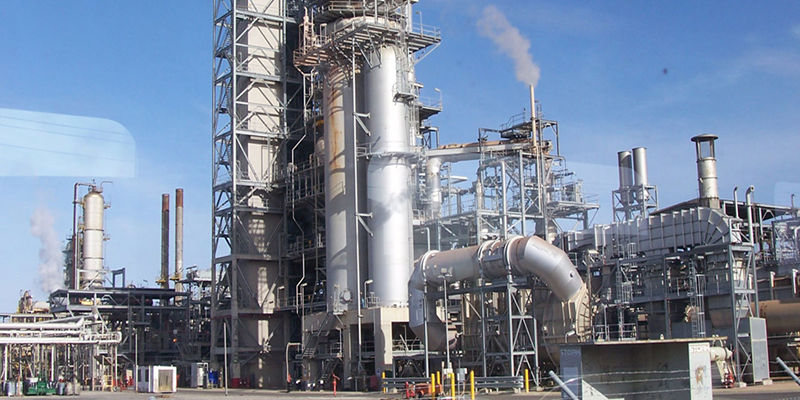Algeria’s is a major Liquefied Natural Gas (LNG) exporter and the lessons that gas-rich countries can learn from Algeria’s approach using the five key lessons are:
- Expanding Infrastructure Development: Algeria’s success is attributed to its significant investments in infrastructure, including pipelines, LNG facilities, and export terminals. These investments have enabled the country to efficiently extract, transport, and distribute gas to international markets, diversifying its market reach beyond its borders.
- Long-Term Planning and Reinvestment: Algeria’s gas strategy focuses on long-term planning and investment. The government’s commitment to strategic projects, simplification of fiscal terms to attract investment, and ongoing investments in exploration, production, and refining have contributed to the country’s sustained production flows and positive results.
- Strategic Decision-Making: Algeria’s ability to respond quickly to global market trends has solidified its position in global supply chains. By strategically positioning itself as an alternative to other gas suppliers, Algeria has increased exports to key markets and expanded its collaborations with other nations.
- Prioritizing Domestic Value Addition: Algeria’s emphasis on local consumption through investments in gas-to-power infrastructure and downstream facilities has led to job creation and growth in various economic sectors. This approach has elevated the country’s access to electricity and stimulated socioeconomic growth.
- Developing Local Capacity: Algeria’s focus on building local capacity has reduced dependence on foreign personnel. The prioritization of local employees, suppliers, and contractors, as well as hosting the Gas Exporting Countries Forum’s Gas Research Institute, has contributed to economic growth and enhanced the country’s domestic market capacity.
In summary, Algeria’s success in the gas sector is attributed to a combination of factors including infrastructure development, long-term planning, strategic decision-making, focus on domestic value addition, and investment in local capacity. These lessons can be valuable for other gas-rich countries, particularly in Africa, looking to leverage their resources for sustainable economic growth and energy security.
![]()




